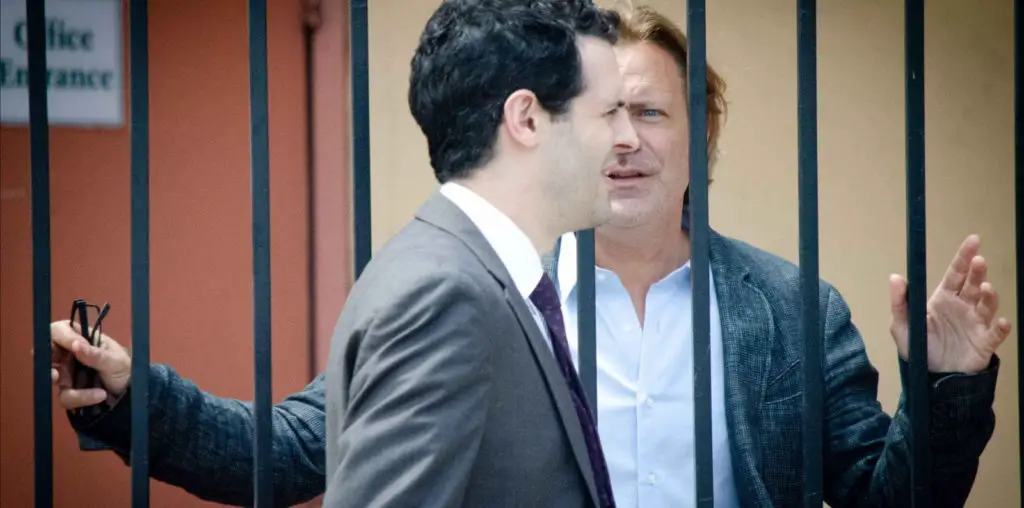
Director Jasmine Dellal has constructed an intriguing, meticulous portrait of a secretive and misunderstood people. Gypsies are possibly the most consistently reviled group in Western history. One of the main reasons for this is because as a community that in the past was constantly on the move, Gypsies have steadfastly refused to integrate. To outsiders, such a stance has always seemed suspect, yet Gypsies’ insularity has allowed them to maintain an almost unbroken line of tradition for hundreds of years.
It is exactly the modern condition of this tradition that Dellal seeks to examine in her marvelous documentary, specifically the place that Gypsies occupy in relation to American culture. As they have done in many countries, Gypsies in America often seem to live in a shadowy space on our society’s fringes. Yet in contrast with the other parts of the world, many Gypsies, in the manner of other immigrants to the United States, have felt the inviting tug of the capitalism’s promise. Their romanticized wagon caravans and attendant wandering lifestyle now long gone, they have found a kind of acceptance in America and American commerce that they were often unable to achieve abroad. Although now denizens of “the land of the free,” Gypsies are still subject to discrimination — often based upon a notorious reputation that springs almost entirely from persistent urban legend.
The subject of the film is not simply Gypsies as a whole, but the quixotic figure of Jimmy Marks, whose family began as car traders. Marks grew rich from the business, bought a house, and settled in with his family as comfortable members of the Spokane, Washington community.
Marks’s life was ripped asunder when police, inherently suspicious of Gypsies as a group, roughly searched his home and subjected his family and property to rude and abusive treatment. The police seized a huge sum of cash, which they assumed was gained from the sale of stolen property. Marks explained that as an important member of the local Gypsy ruling council, he acted as a bank for money that belonged to members of his community.
Because of the search, Marks’s family and possessions were, according to Gypsy tradition, in effect contaminated by outsiders. The council declared the family to be unclean, which meant that they were no longer members of the larger group of local Gypsies. Marks’s way of life and cultural ties were irreparably damaged.
In response he initiated a multi-million dollar civil suit against the city and police department. The film documents much of the extended, years-long court battle that ultimately began to wear down both Marks’s resolve and his desire for retribution. Gypsies have a longstanding tradition that precludes speaking to outsiders, or “gadjo,” and Marks decided to talk to filmmaker Dellal because he decided that his story was too important.
Ultimately a thorough and affecting study of cultural hit-and-run, “American Gypsy” is a bitter reminder that ethnic traditions are often threatened by a blindly uncomprehending modern world, and that a people who wish to remain apart can expect to encounter racism and xenophobia. Hopefully Marks’s story will foster some greater understanding for all groups that will go to such great lengths to maintain a separate yet strong identity.
